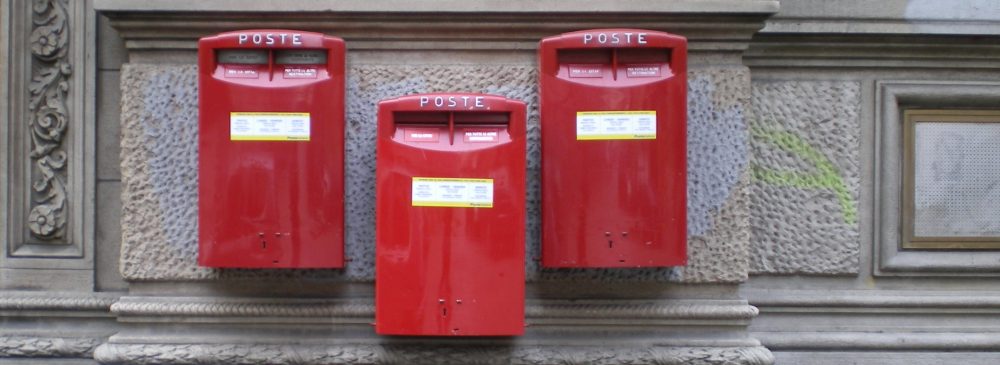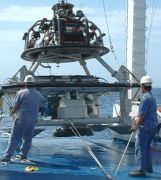updated June 7 14:42 p.m. by Nicole Martinelli
Some 10,000 Romans paid respects to beloved actor Nino Manfredi over the weekend.
Manfredi, 83, died Friday following a stroke. A chorus of Romans shouted “Nino, Nino!” following funeral services in the Artists’ church of San Maria del Popolo this morning. He is survived by wife Erminia Ferrari and three children.
Manfredi was best known for films like “Bread and Chocolate” (Pane e Cioccolata), where he played a hapless Italian emigrant in Switzerland and Ettore Scola’s tragicomic “Down and Dirty” (Brutti, sporchi e cattivi) as a paterfamilias struggling to get by in a shack on the outskirts of Rome.
Generations of children also knew him as Geppetto, from the popular made-for-TV version of Pinocchio directed by Luigi Comencini still aired at least once a year in Italy during holidays.
Manfredi, who like many Italian actors began his career doing voice overs, made over 100 films with directors such as Vittorio De Sica, Nanny Loy, Alessandro Blasetti, Antonio Pietrangeli, Luigi Zampa, Dino Risi and Luigi Magni.
“With his passing, we lost the fourth musketeer of the commedia all’italiana,” entertainment journalist Paola Jacobbi told zoomata. “He was one of the key actors — Alberto Sordi, Vittorio Gassman, Ugo Tognazzi — and they are all gone now.”
Jacobbi’s personal favorite is “We All Loved Each Other So Much” (C’eravamo tanto amati), another film directed by Scola that follows the lives of a group of ex-partisans. Manfredi’s character is one he will play with varying shades throughout his career, that of the naive, unsophisticated bumbler. In this film, although he is not cunning like Gassman who makes a strategic marriage, his character Antonio remains true to himself and his ideals — and gets the girl they all loved, played by Stefania Sandrelli.
Manfredi kept working with success in television into the late 1990s, in the mini-series “Linda e il Brigadiere,” playing the retired carabiniere father of bombshell Claudia Koll, who, although somewhat less convincingly, was a carabiniere officer who often turned to dad for advice.
Fans in Rome never left him. When first hospitalized following a stroke in July 2003, hundreds of everyday citizens lined up outside the hospital of Santo Spirito to donate blood. Banker Enrico Mannozzi told Italian media that he had never donated blood before but felt a “moral obligation to help a person who gave me so many happy moments.”?text 1999-2004 zoomata.com
This is an original news story. Play nice. Please use contact form for reprint/reuse info.
 SAN FRANCISCO — Federico Rampini wants everyone to play with maps. The veteran foreign correspondent – Brussels, Beijing, New York – has been drawing red lines on maps to reveal more about present, past and future geopolitics.
SAN FRANCISCO — Federico Rampini wants everyone to play with maps. The veteran foreign correspondent – Brussels, Beijing, New York – has been drawing red lines on maps to reveal more about present, past and future geopolitics.







 zoomata staff posted: Mon Dec. 28 11:49 am all bark no bite, Ugolino’s recontructed head
zoomata staff posted: Mon Dec. 28 11:49 am all bark no bite, Ugolino’s recontructed head